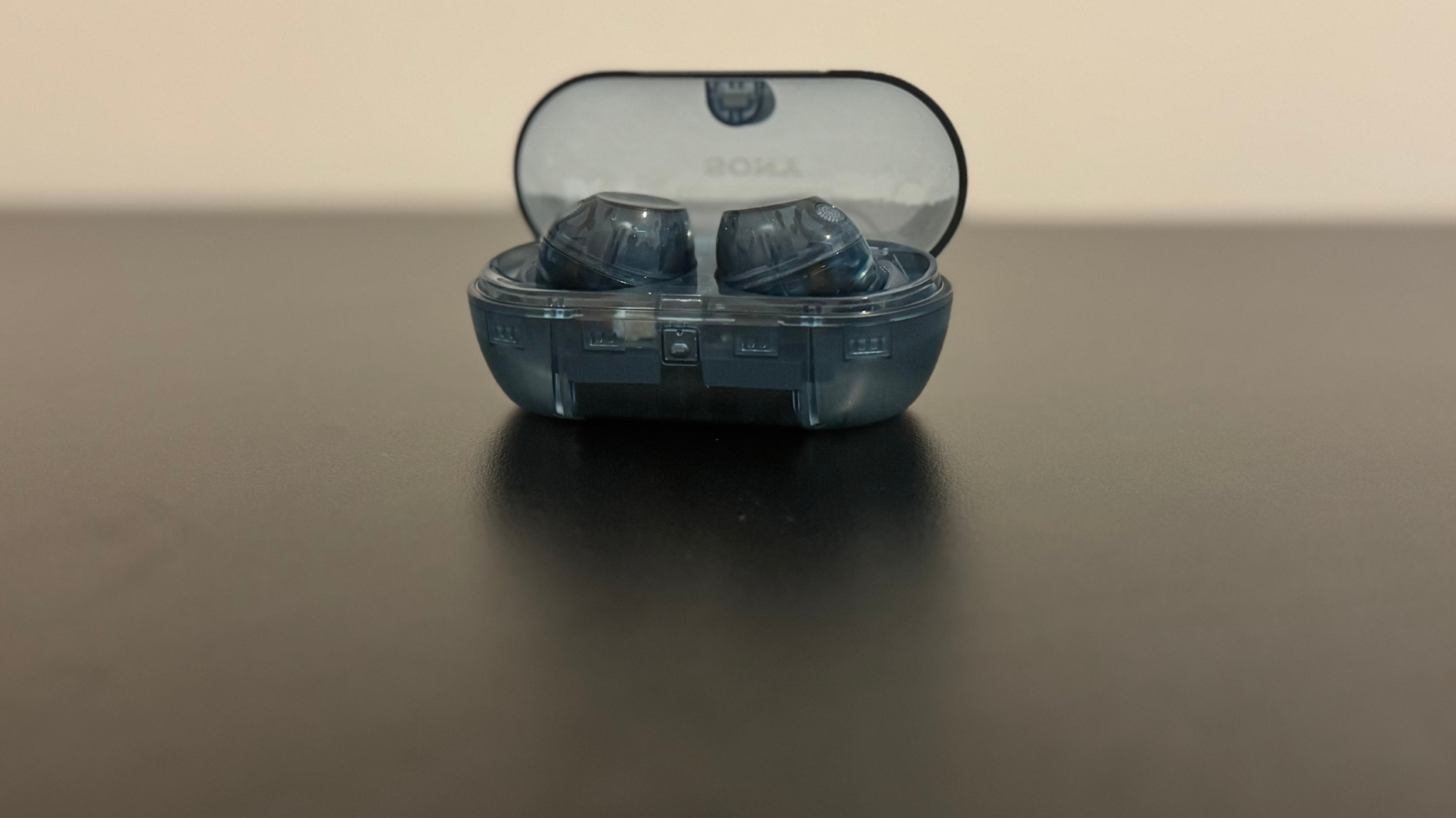PC Gamer's got your back
Diet Coke
Perhaps the ultimate machine for PhysX gaming.
Diet Pepsi
Initially unstable under heavy loads; very loud.
A multiplier too far? This gaming rig is fast, but not quite stable
What sets a boutique builder apart from a huge OEM? Taking risks with hardware, that’s what.
Unfortunately, taking risks doesn’t always pan out. Take AVADirect’s Custom PC. Hot on the heels of numerous Core i7 rigs tipping the 4GHz and 4.2GHz range, AVADirect went a step further by clocking its Custom PC gaming rig at 4.4GHz. The company even goes so far as to include a custom profile for 4.7GHz—a speed the company had originally promised it would hit out of box, until cooler heads prevailed.
The bad news is that even at 4.4GHz, we were able to break the AVADirect machine with our stress test. The good news is that the machine remained stable in our benchmarking runs. Still, if we could stress it enough to reboot in two hours, someone else could, too. Working with AVADirect, we were able to get the machine to rock-solid levels at 4.4GHz, but it took several days of testing and more than 25 different BIOS combinations—which somewhat tarnishes the feat.
Instability isn’t the only issue we have with the Custom. We’re not sure we’d make the same hardware choices the company did. We certainly can’t quibble with the use of Intel’s Core i7-975 Extreme Edition, nor the 6GB of Corsair DDR3/1333, 1KW PSU, and EVGA X58 SLI Classified x58 board. Heck, we even like the 1TB of RAID 1 storage for bulk storage. What we’re not totally sold on is the use of four OCZ 30GB Vertex MLC SSDs in RAID 0. It’s not the Vertex drives, per se, it’s the use of the onboard RAID controller. With magnetic storage, we haven’t seen onboard RAID scale with four drives very well, and the SSDs probably make it worse. In informal tests with HD Tach, we saw an average read speed of only 120MB/s on the RAID. Velocity Micro tried the same trick with its Raptor SE last month, but its use of the ultra-pricey Intel SLC drives helped put average reads in a somewhat defensible 250MB/s range.
AVADirect's Custom PC includes a third graphics card for PhysX fans.
| Processor | Intel 3.33GHz Core i7-975 Extreme Edition @ 4.4GHz |
| MOBO | EVGA X58 SLI Classified |
| RAM | 6GB Corsair DDR3/1333 |
| Videocards | Two EVGA GeForce GTX 295 in SLI, one GeForce 250 GTS |
| Soundcard | N/A |
| Storage | Four 32GB OCZ Vertex MLC SSDs in RAID 0, two Samsung 1TB Spinpoint F1 in RAID 1 |
| Optical | LG GGW-H20L |
| Case/PSU | Custom Cooler Master Cosmos S, 1,000W modular PSU |
| Premiere Pro CS3 | 1,260 sec | 468 (+169%) |
| Photoshop CS3 | 150 sec | 78 |
| ProShow | 1,415 sec | 467 (+203%) |
| MainConcept | 1,872 sec | 888 (+111%) |
| Crysis | 26 fps | 68 (+160%) |
| Unreal Tournament 3 | 83 fps | 155 |
Our current desktop test bed consists of a quad-core 2.66GHz Intel Core 2 Quad Q6700, 2GB of Corsair DDR2/800 RAM on an EVGA 680 SLI motherboard. We are running two EVGA GeForce 8800 GTX cards in SLI mode, a Western Digital 150GB Raptor, a 500GB Caviar hard drive, an LG GGC-H20L, a Sound Blaster X-Fi, and a PC Power and Cooling Silencer 750 Quad. OS is Windows Vista Home Premium 64-bit.
Our current desktop test bed consists of a quad-core 2.66GHz Intel Core 2 Quad Q6700, 2GB of Corsair DDR2/800 RAM on an EVGA 680 SLI motherboard. We are running two EVGA GeForce 8800 GTX cards in SLI mode, a Western Digital 150GB Raptor, a 500GB Caviar hard drive, an LG GGC-H20L, a Sound Blaster X-Fi, and a PC Power and Cooling Silencer 750 Quad. OS is Windows Vista Home Premium 64-bit.

